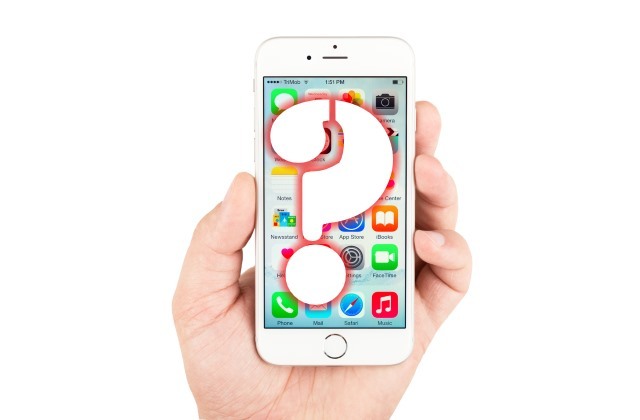Apple announces plans to hand over iCloud encryption key management to users
David Bisson | March 25, 2016
Apple has announced its plans to transfer iCloud encryption key management to account holders, a move which could stand in the way of or even prevent the FBI and other law enforcement agencies from requesting users' information.
The tech giant currently manages the encryption key management for all iCloud account holders.
eWeek reports that because of this level of control, Apple provided federal authorities with several iCloud backups of Syed Rizwan Farook, an individual who participated in a mass shooting and attempted bombing in San Bernardino, California back in December. The company cooperated with authorities even as it refused to help them unlock the suspected terrorist's iPhone.
But the times they are a-changin'.
Full Article








